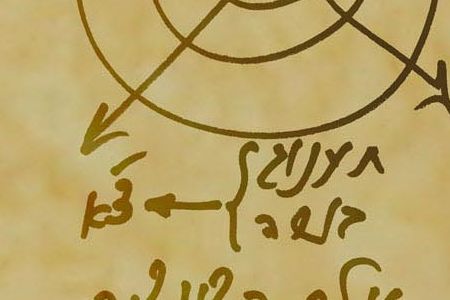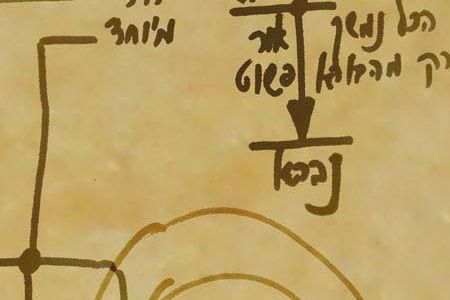Cohen (Priest)
A priest is the highest degree in man’s correction, where one becomes similar to the Creator in all of one’s desires, in one’s entire make-up, and is in a state of bestowal and love. By that one matches oneself with the Creator and achieves Dvekut (adhesion) with Him. This is the purpose of creation.
Tuma’a (Impurity)
Tuma’a is intention for oneself. All manners of Tuma’a are the same intentions under different names, such as Pharaoh, Balaam, Balak, and all the other wicked.
It is to the contrary with the same desires once they have been corrected to aim to bestow. The desires remain the same, but the names one receives instead are Cohen, Levi, and Israel.
Curse
A curse means that a person discovers that he or she cannot agree with the Creator on the desire that one is in. A person discovers it as Balaam, Balak, and so forth. Such a person discovers the term of the upper force, the Creator, nature, which requires that a person works in order to bestow, in love and giving. Also, the person discovers that his or her desires are opposite, working in order to receive. Out of that desire a person curses, resists, collides with the Creator, and is opposite in form.
Continue reading “Glossary – Emor (Say) – Weekly Torah Portion”


